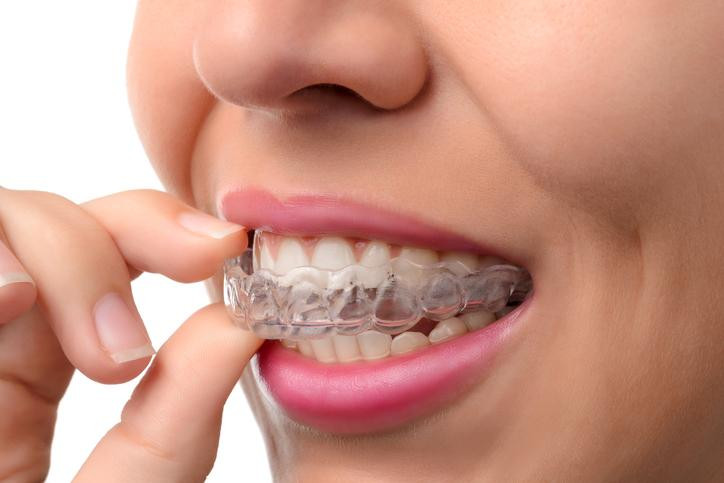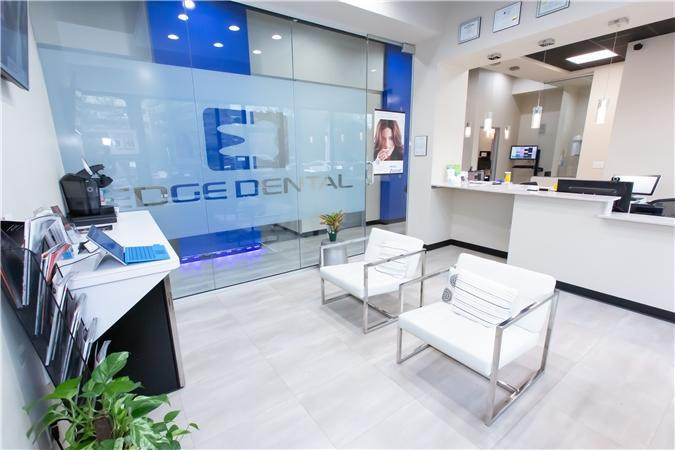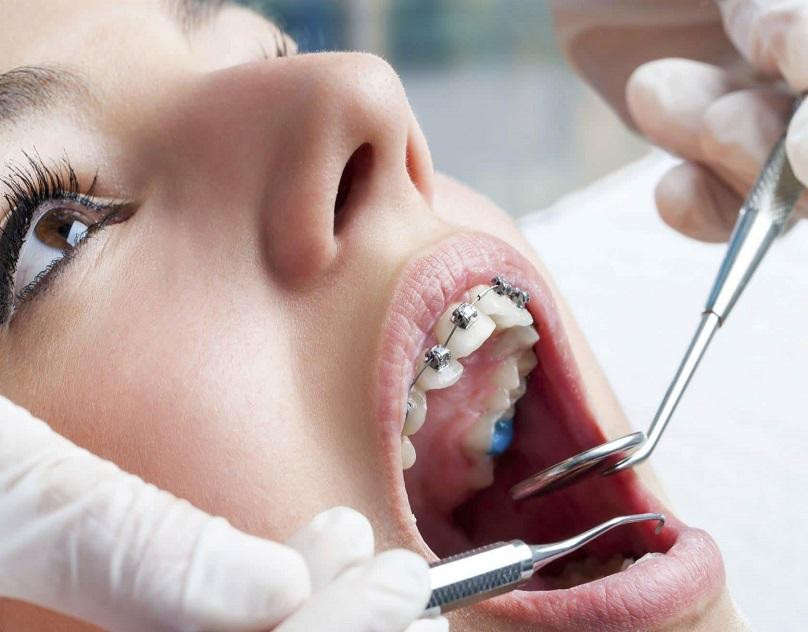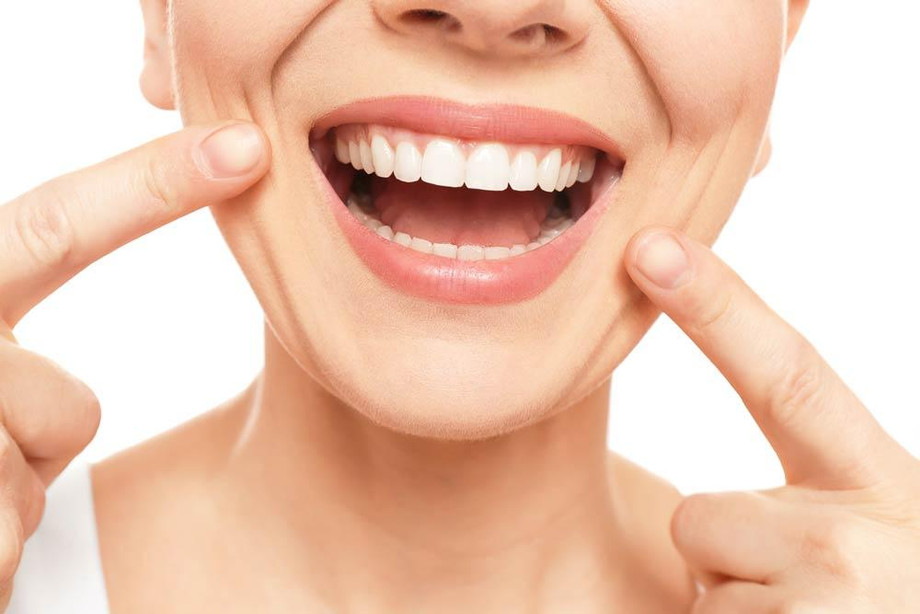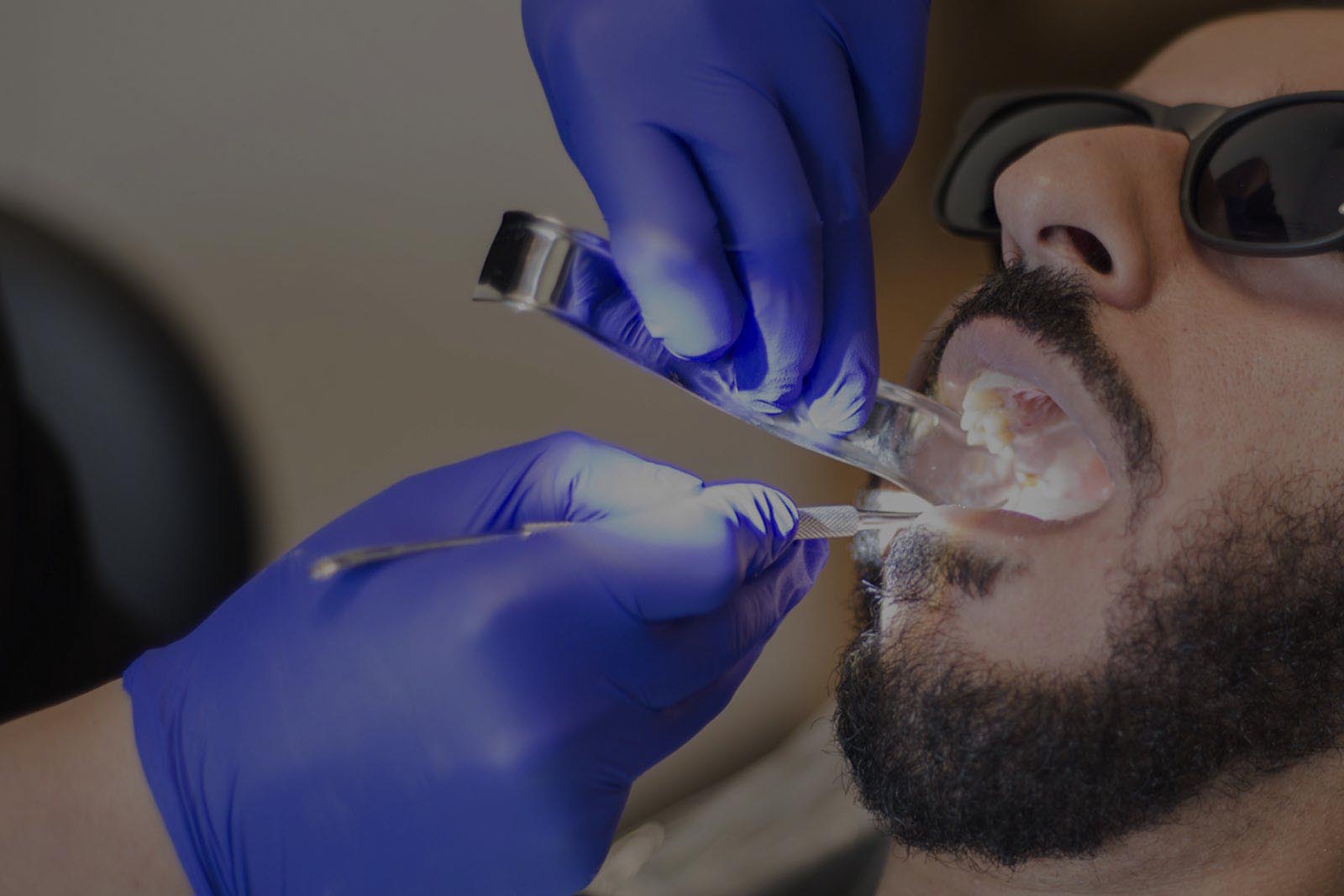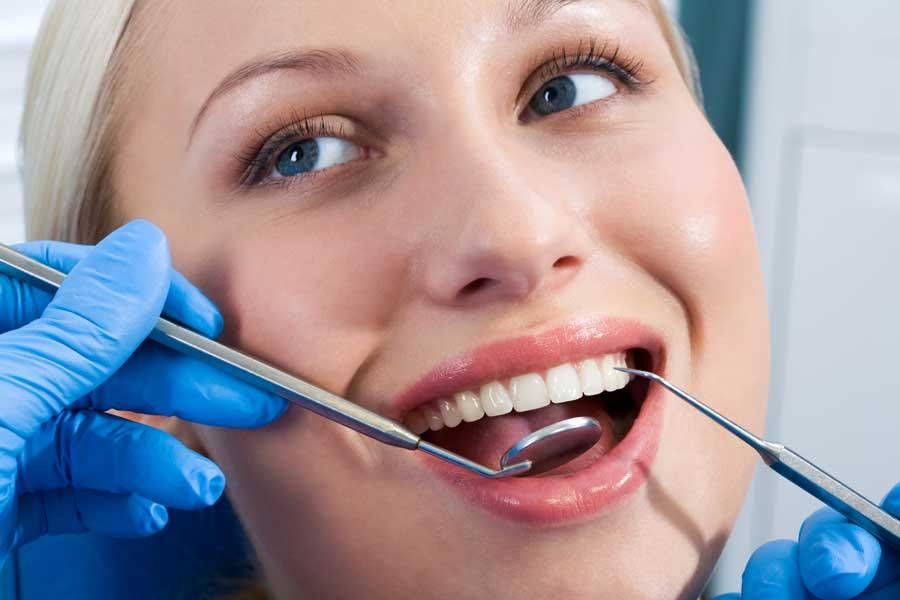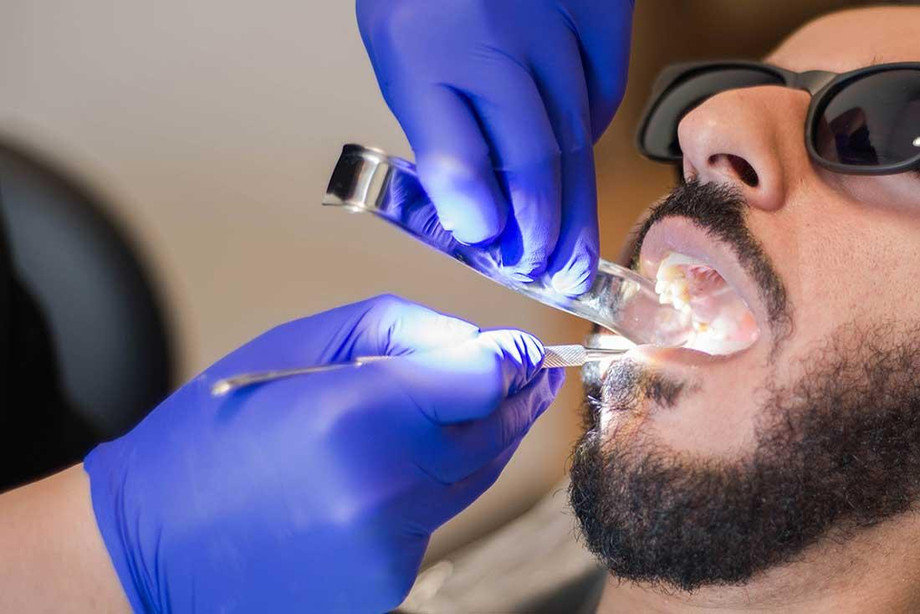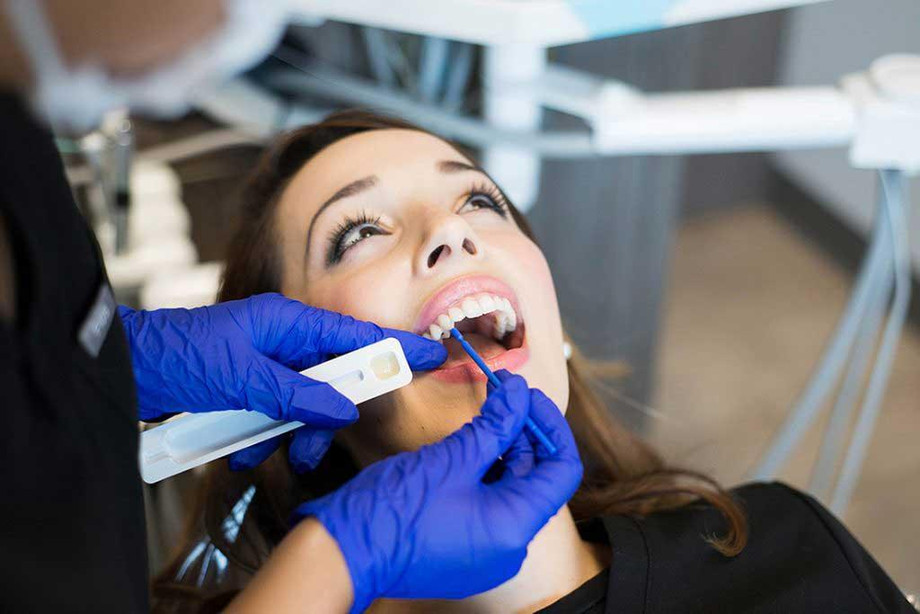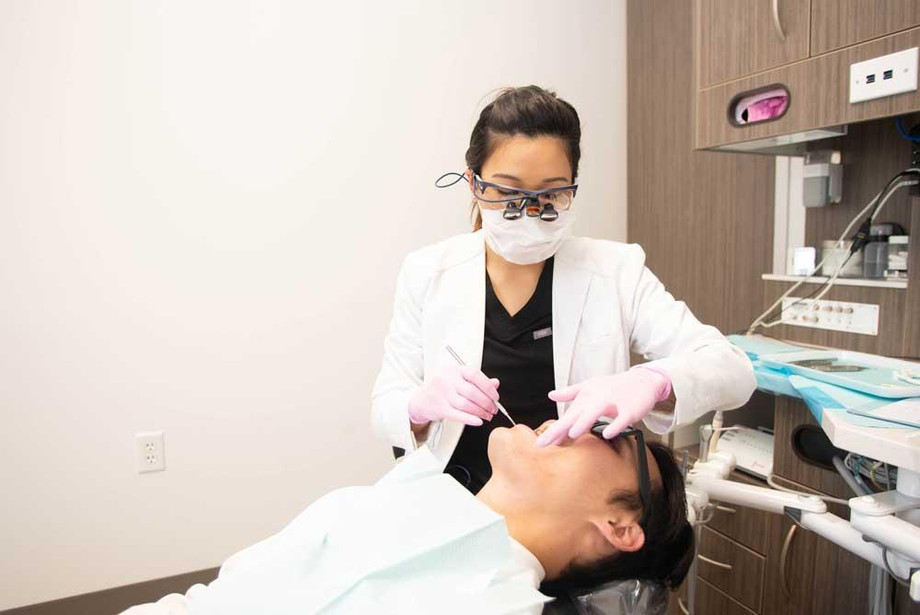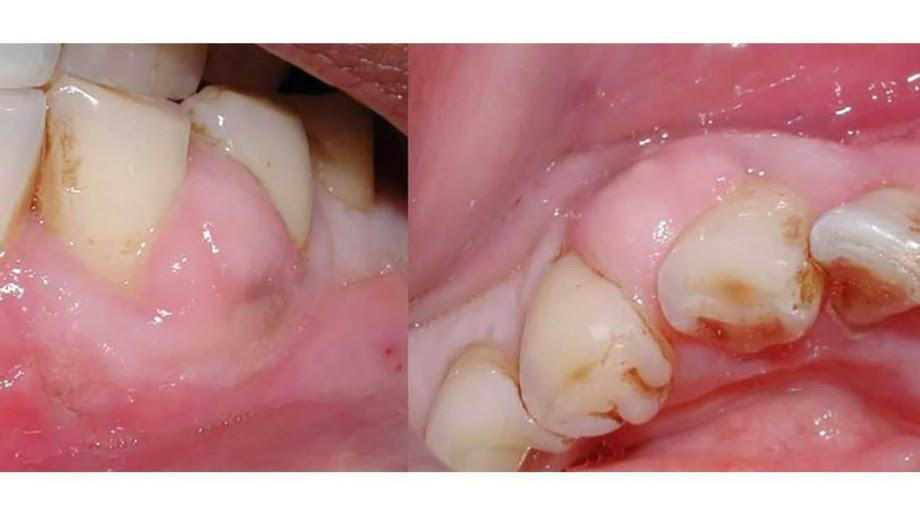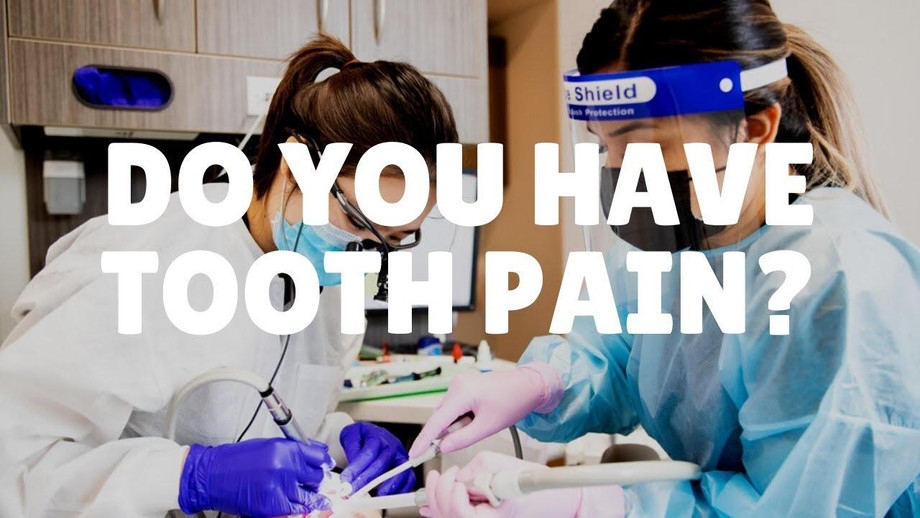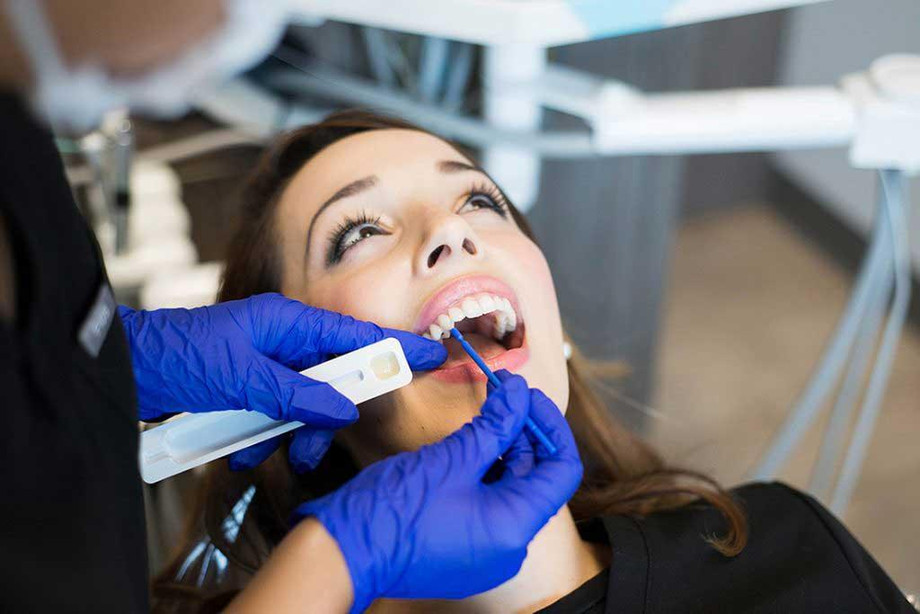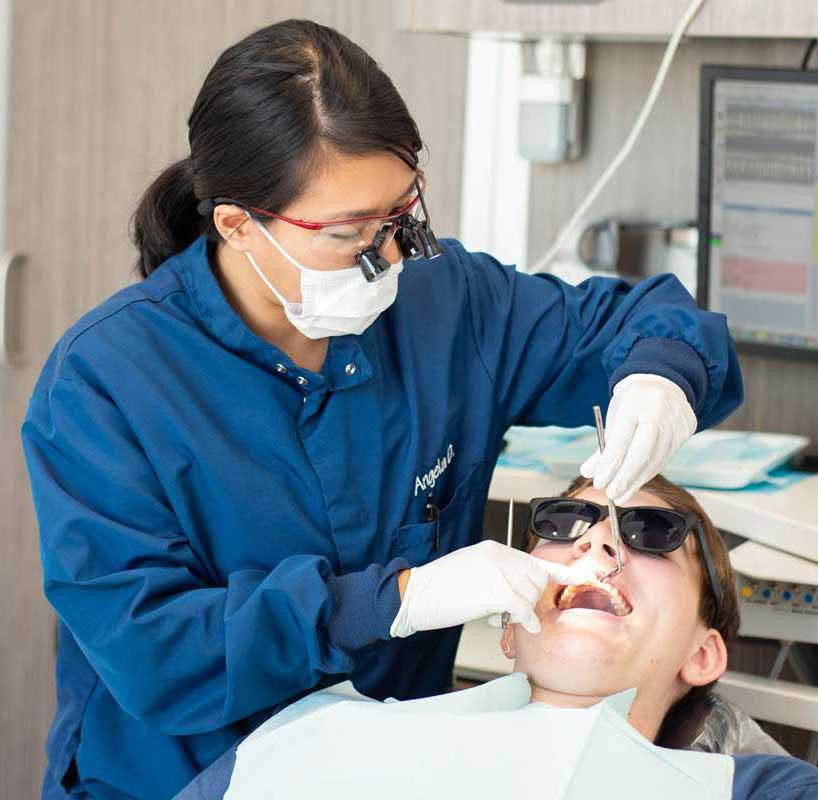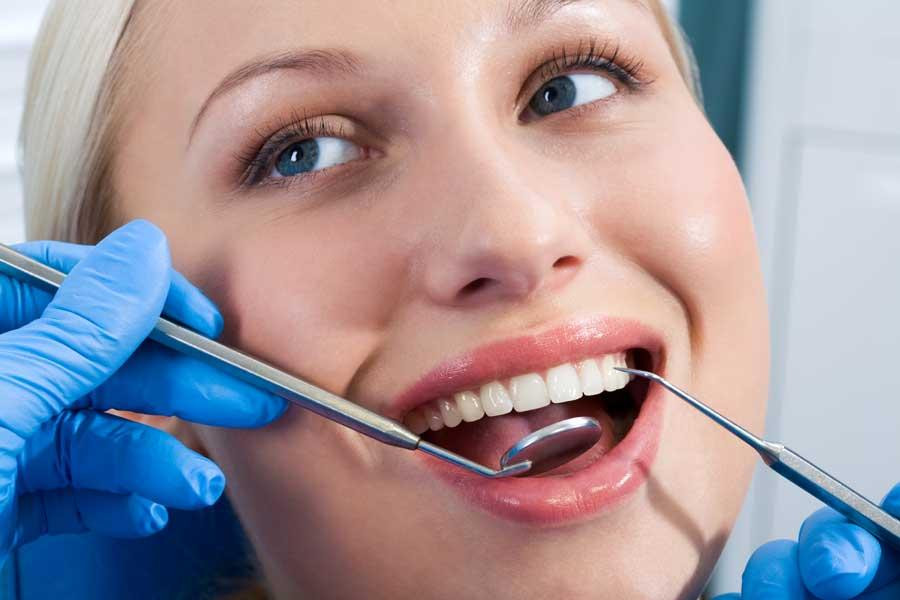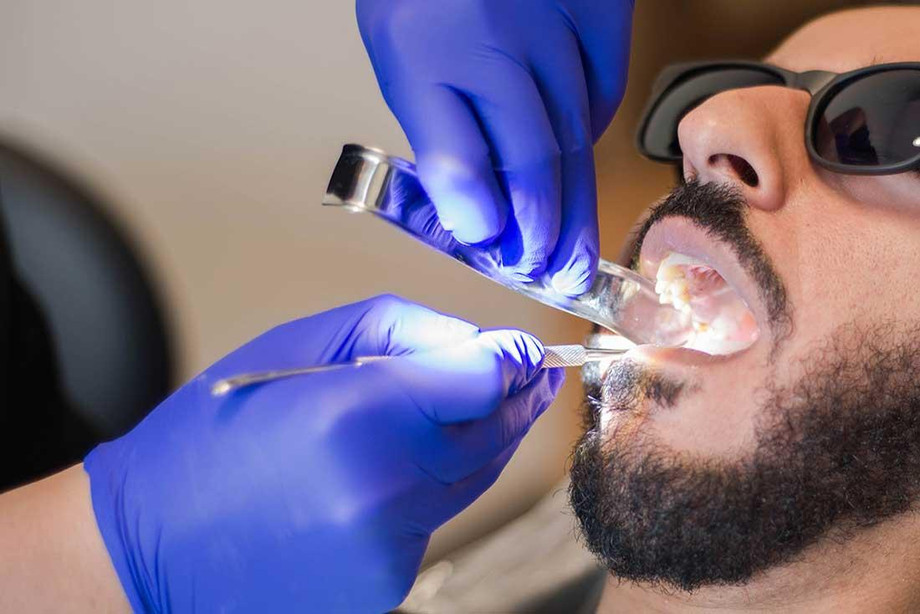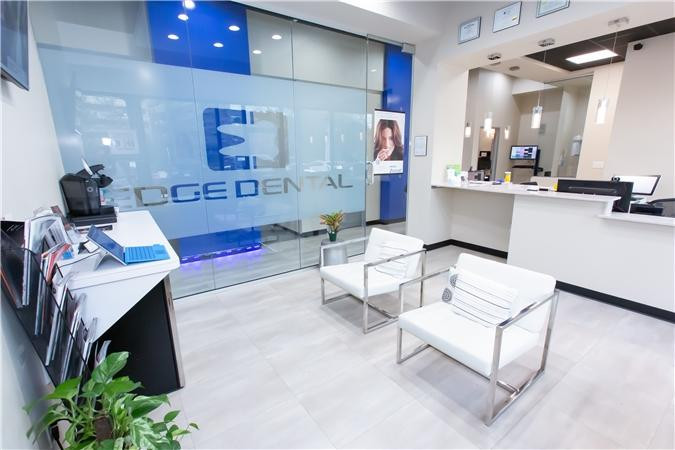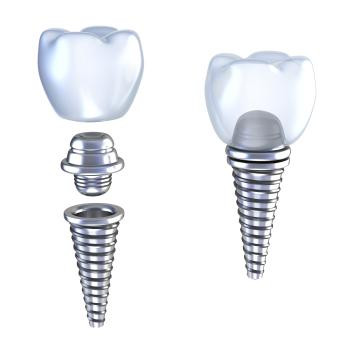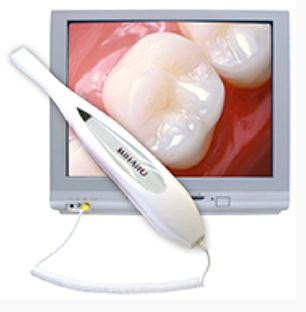Natural is always beautiful; talking about your teeth. Brushing and flossing your teeth regularly with a six-month checkup by the dentist can help you keep your teeth healthy for a lifetime.
Sometimes, a tooth infection or any disease may cause damage to your teeth and will need extra care. To avoid such conditions, you should consider treatments to save your teeth from such infections.
Dont think removing a tooth will be a good choice as it is easy. Removing teeth can impact you in many ways; you will not be able to chew correctly, and a missing tooth can cause other problems and ruin your smile.
Some tips to save your natural teeth:
- Dont neglect the pain or any other symptoms you feel in your tooth.
- Always choose root canal procedure over tooth extraction. A denture, dental implant, or bridge will not feel and function the same as a natural tooth.
- If your dentist asks for tooth extraction, ask for a root canal option or search emergency dentistry for a root canal.
What is the best teeth whitening kit?
A teeth whitening is the most popular procedure to keep your teeth white, but maintaining it is more important. A teeth whitening kit helps to bring back your natural teeth color.
Remember that teeth whitening kits aren’t an alternate for routine dental cleanings and exams, but retaining those can surely help.
Visiting a dentist regularly, brushing your teeth twice a day, and flossing daily help keep your teeth healthy and germs-free.
Sometimes brushing your teeth twice daily as your dentist has recommended, and regular floss and mouthwash can still stain your teeth and build up cavities over time.
Whitening teeth is good when your teeth have lost their natural color because of the consumption of coffee, red wine, etc.
Teeth whitening can also be done at home by taking regular care of your teeth and maintaining oral hygiene, but visiting a dentist near me will give you that wow factor.
Question your dentist:
- Ask your dentist about your oral health and how to keep your teeth healthy.
- Talk about your mouth rinser, toothpaste, or any appliances or tools whether to use them or not.
- Ask your dentist about the brush you should use and how to brush your teeth.
- How to floss teeth as flossing hardly and improperly can injure your teeth.
- Whether you should take some supplements.
Conclusion:
Oral hygiene means keeping your teeth and mouth clean, healthy, and disease free.
White or straight teeth may sometimes indicate oral issues, and brushing your teeth for 2 minutes can stop mouth infections rather than brushing only for 40 to 45 seconds. Routine dental checkups every 6 months can reduce the risk of any problems occurring. Some Dentist In Houston recommend water flossing to clean the mouth and gums.
Foods and drinks also play an essential role in keeping your mouth healthy. Like vitamin C is good for keeping bones and muscles of teeth healthy.
However, You can use teeth whitening treatments and orthodontics to make your teeth look perfect.
Article Source : https://www.techsmarttips.com/how-to-save-your-natural-teeth/
